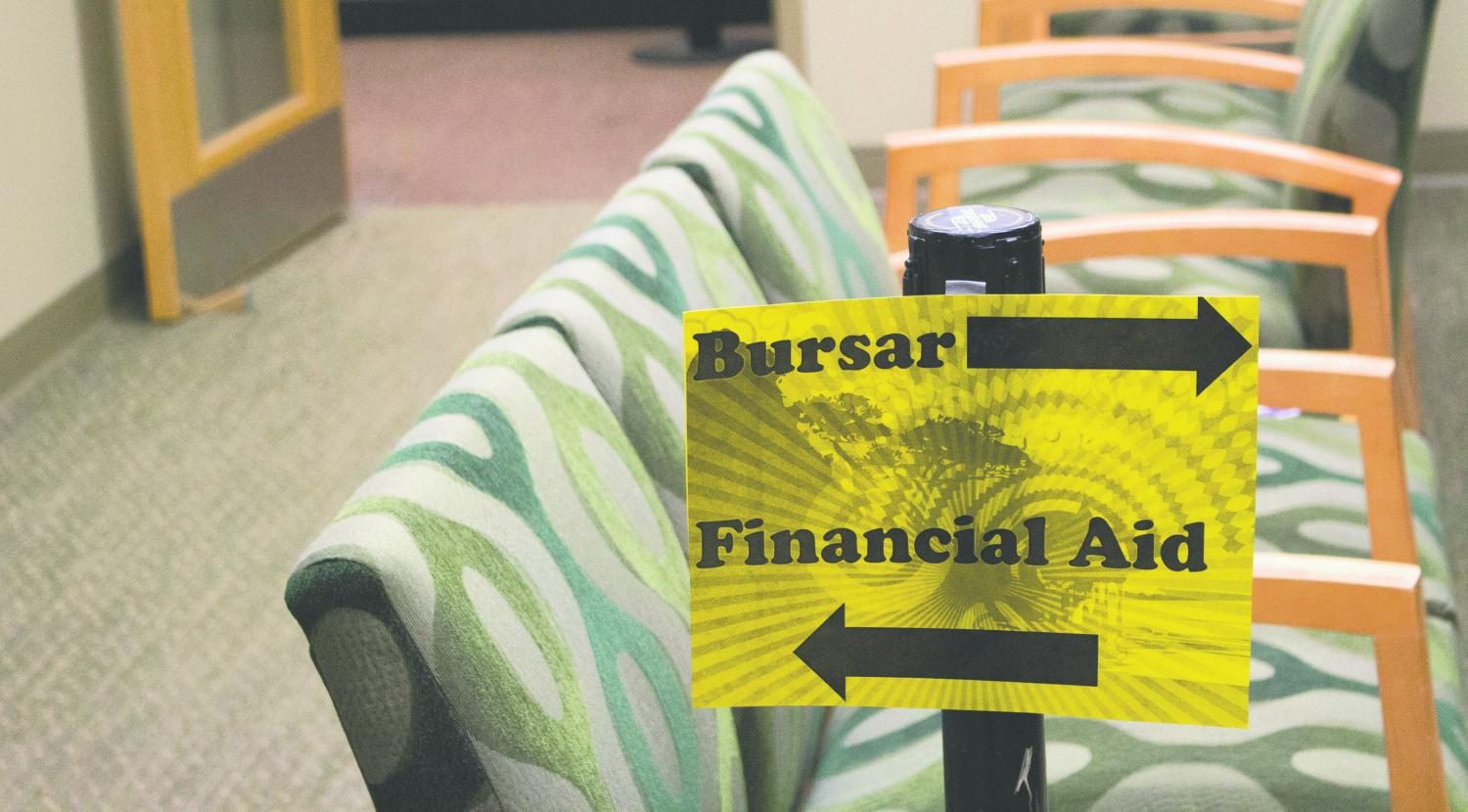IUS battles stress
September 16, 2017
These days, college students juggle classes, work, relationships and family; with a narrow margin of free time. New and transfer students have the additional stress of entering a new environment. IU Southeast has a variety of services available to students including personal counseling, financial aid and advisers.
Every adviser, including Dana Gohmann, lead academic adviser for the School of Social Sciences, helps students realize the importance of what classes to take and gives advice on scheduling. Advisors know how to utilize all that college has to offer, including the college level examination program to test out of classes or how to schedule for future semesters, accommodating to the student’s work schedule and preferences.
Gohmann encourages students to register to the classes that they think they will need for their required electives or degree with the intention to meet with an advisor for advice on making any changes if necessary due to classes overflow quickly.
“I think most students lack confidence of whether or not they are making correct choices. I would encourage students to go ahead and register if they can’t get in to see their advisor prior to when they can register. We can always make changes.”
“It is crucial for each student to explore all their options for classes and choose them before meeting with their advisor, just in case that semester fill up quickly,” said Gohmann. “It is important to select the correct classes as early as possible.” (this was a quote originally; somehow quotations were lost in moving around in doc)
Sara Allen, a Junior majoring in accounting and financing at IU Southeast, said she struggles with the stress of creating her class schedule.
“It’s difficult to know which classes to take together in the same semester,” Allen said. “Certain classes involve a lot of out of classroom work, and multiple high-maintenance classes can be killer.”
So how do freshmen create a schedule when they have no previous exposure to college classes or what a typical schedule looks like?
“I don’t expect a first semester freshman to understand everything about their degree requirements or the scheduling system. But I do expect them to be engaged in this process,” Gohmann said “I help explain requirements and where they have choices in their degrees, but I want the student to be the one making those choices.”
Michael Day, one of the personal counselors on campus, believes it is important to learn and practice stress relief techniques, such as a writing a log of what causes the student’s stress so they can find the cause of their stress and work to minimize its effect or remove it altogether.
“Some stresses that affect students may be romantic or family relationships, school, not having enough time or doing too much,” Day said. “Anxiety is the cause of 32 percent of a student’s stress behind mood, depression and relationships.”
Stress happens throughout life. It is up to the person to find ways to remedy the stress.
Stress can be unavoidable, but it can be limited in a person’s life. It is key to find healthy habits to reduce stress, such as exercise or hobbies.
“Avoid unhealthy habits such as drinking… Alcohol should not be a way to deal with stress,” Day said. “There are apps for anxiety and stress; one of which is called CALM, which gives ways to manage stress. Just search ‘stress and anxiety’ in the app store.”
Another stress college students often face is paying their tuition. There are many options to help you pay for college: Loans, scholarships, work studies or jobs outside of campus.
Students need to apply for financial awards in advance, possibly the semester before the semester coming up. The scholarships rewarding the most money must be applied for early and can be harder to find. However, there is a feeling of a burden lifting off students as they find the supplemental help necessary to allow them go to college. the financial burden lifted off students due to scholarships is considerable.
Filling out the required FAFSA determines what options each student has concerning financial aid, informing the school of the financial situation of the family and the student. After a FAFSA is submitted, the Financial Aid office determines how much aid each student is entitled to.
In order to pay for books, loans, tuition, semi-annual and annual fees, personal payment plans are available for students to pay the bills charged throughout the semester.
For a student to decide if loans, scholarships, work study programs or off campus jobs will be the most beneficial, they should visit the Office of the Bursar.
“The bursar’s office publishes due dates and fee rates well before the semester begins,” said Ashley McKay, director of student accounting services. “There is a tuition estimator available on the website and a deferment payment plan where the balance can be split into four installment payments during the term. The cost of the deferment plan is $15 for each deferment or $45 total for all four payments.”
McKay reminded students to come by the bursar’s office for any questions, concerns or problems concerning the billing process or any other financial issue. She encouraged students to visit the IU Southeast bursar’s office website.
Although a student may settle their financial situation, a possibly more prominent issue on a student’s mind is whether or not they will find a job after paying for their degree.
Danielle Leffler, career coach and employer liaison from the Career Development Center on campus, clarified that the CDC not only helps with obtaining work studies or internships, but they also help students narrow down career options, explore all aspects of a career and assist in achieving internships that will help build a resume and pinpoint which job opportunities will be a good fit for that career.
In terms of advice to give to students, Leffler said, “Come in. We understand that everyone has work or school but we will walk you systematically through each step, make a checklist and try to make sure that there are no unknowns when you walk out the door.”
The CDC introduces students to new careers they never considered before. Through internships and job shadowing, IUS students have the opportunity to explore an unventured career path.
“I highly recommend shadowing someone before choosing a major,” said Kayla Owsley, a sophomore elementary education major at IU Southeast. “I changed [my major] due to shadowing someone and falling in love with that job. The hardest thing is making sure you choose something that you’d enjoy doing for the rest of your life. What helped me was talking to other people in the occupation and asking for pros and cons.”
The 4 year Career Plan called ‘Explore. Discover. Connect. Achieve.’ was created to define what the CDC suggests students do to help build their resume and work experience.
“Students don’t think they have enough to put on a resume or that it isn’t good enough or that because it is not related, it isn’t important. That is absolutely not true; we help the students understand how the skills they have with their part time job do relate, such as being on time or knowing how to follow rules,” said Leffler. “What makes someone different? Involvement: Volunteering, [a] professional part-time job and work studies. Resume additions like these give students an edge that employers look for.”



